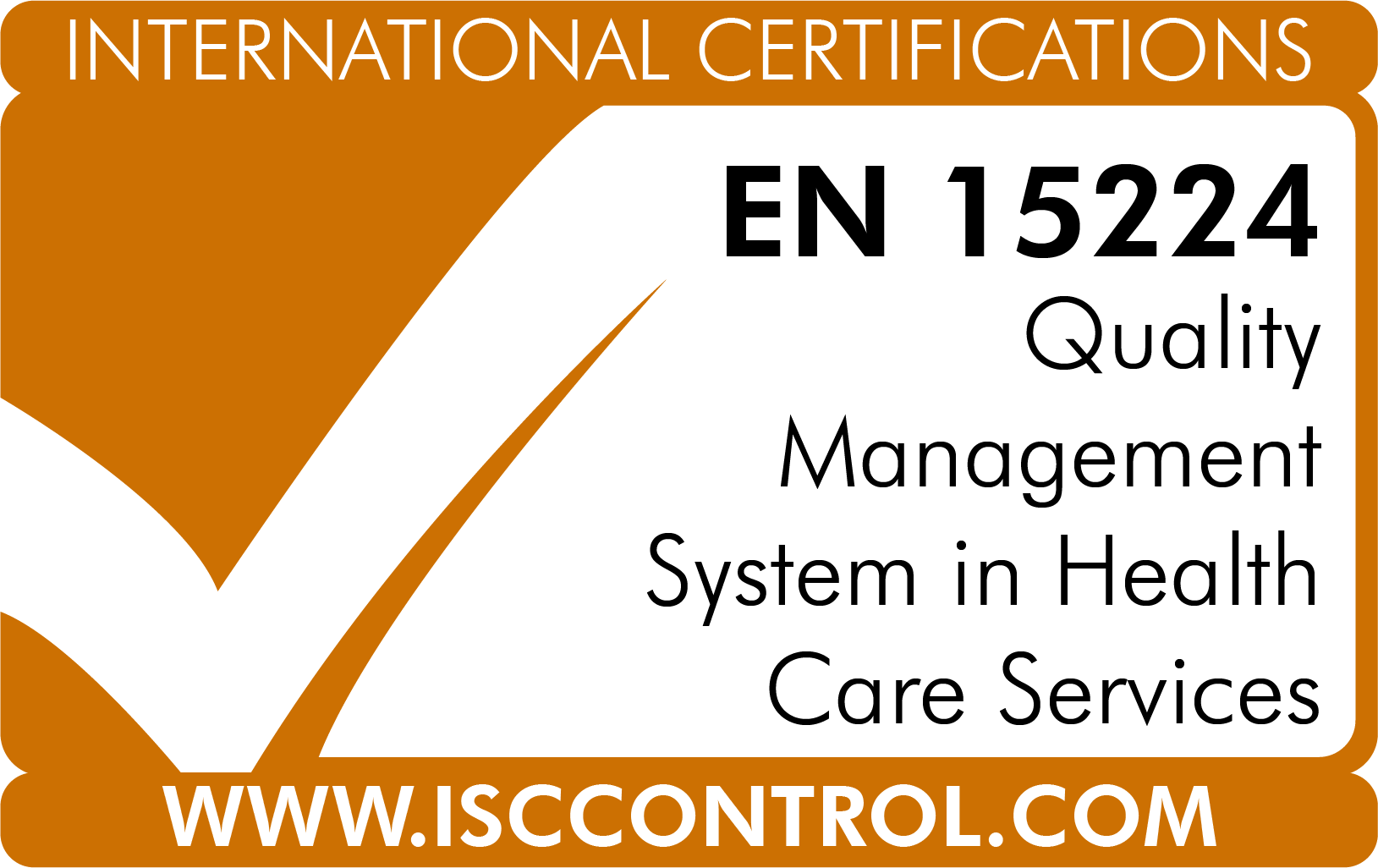Halal
What is Halal Certification?
- Halal is an Arabic word meaning lawful or permitted
- The opposite of Halal is Haram, which means unlawful or prohibited.
- Halal and Haram are universal tems that apply to all aspects of life. However, we will use these terms only in relation to food products, meat products, cosmetics, personal care products, pharmaceuticals, food ingredients and food contact materials
- Muslims and Jews (Kosher) have strict dietary laws. The Islamic dietary laws and defined in the Holy Quran (revealed Divine Book), the Hadith (saying of the last Prophet Muhammad, Peace and Blessing be upon Him) and in the Fiqh (Jurisprudence) of the Muslim juries: Hanafi, Shafi, Maliki and Hanbali
- Classification of food products as Halal is a very serious and can only be carried out by a Muslim who is an expert in the Islamic dietary laws.
Halal means permitted, allowed, lawful or legal. In relation to food or drink it means that the food or drink is lawful, permitted or allowed for Muslims.
The Islamic dietary laws define what food and drinks are Halaal. These Islamic dietary laws are defined in the Holy Quran (the revealed book), the Hadith (sayings of the last Prophet, Muhammad, Peace and blessing of Allah be upon him) and in the fiqh (jurisprudence) of the Muslim Jurists: Hanafi, Shafii, Maliki and Hanbali.
The opposite of Halaal is Haraam. It means prohibited, not allowed, unlawful, illegal. classification of food products as Halaal is a very serious religious matter and can only be carried out by a Muslim who is an expert in The Islamic Dietary laws.
Halal
Why is Halal Certification important for you?
- With a global consumer base of about 1.9 billion Muslims across 112 countries, the Halal market size is estimated to be worth of trillions of US Dollars.
- There is an increasing demand for Halal certified products.
- The booming Muslims population in the Middle East, North & South Africa, South and South Asia, the former Soviet Union and China present a lucrative chain for the food market.
- Today, the two largest markets for Halal products are Southeast Asia and the Middle East. These areas equal more than 400 million Muslim consumers.
- Muslims do only eat Halal food, however non-Muslims can eat Halal food.
- A Halal certificate is a guarantee that the products comply with the Islamic dietary requirements or Islamic lifestyle.
- Halal certification significantly enhances the marketability of your products.
- If you are exporting or planning to export to Muslim-majority countries then the Halal certificate will allow you to meet one of the important requirements by the importing countries.
The primary reason for Halal Certification is to serve the national and international Muslim communities in meeting their religious compliance. The concept of Halal applies to a wide range of goods and services used in a Muslim’s daily life. Muslim consumers choose products because it is in compliance with the process and procedure as defined by Islamic Law.
Industry and producers of goods and services are often not aware of these requirements. Subsequently, they overlook the needs of this segment of our population. DHCE promotes unified Standards of acceptance and certification. A unified standard bridges the gap between Muslim consumers and the industry. It establishes credibility and assures the Muslim consumer of strict compliance to the Halal process:
- Purity and cleanliness of the sources from which products are derived and the process by which they are made.
- Safety of human lives by consuming only that which is wholesome and healthy
- Integrity and ethical way of life by avoiding cruelty to animals, harm to the environment and unfair business practices.
- In other words, Halal is a way of life that benefits an individual in their physical and spiritual wellbeing.
- Halal is for everyone. It doesn’t matter whether you are a Muslim or not – Halal is the ultimate stamp of purity and safety guaranteeing superior quality products.
Benefits of Halal Certification
Halal Certification brings many benefits, such as:
- As a confirmation for Muslim customers that the food served is Halal and is in accordance with Islamic Law.
- Assure customers that the food served is Halal and healthy and the premise’s hygiene and sanitation procedures are in top-notch.
- Widen the range of customers by attracting Muslim customers and non-Muslim who are Halal consumers.
- Increase a restaurant’s revenue and enhance its marketability especially to Halal consumers.
- If planning to export, the Halal certificate will help to assure Halal consumers in importing countries.

